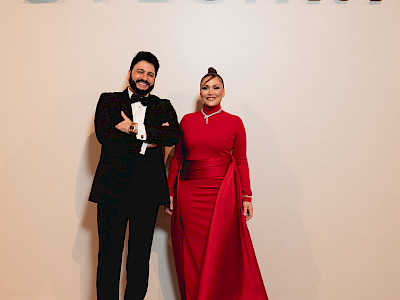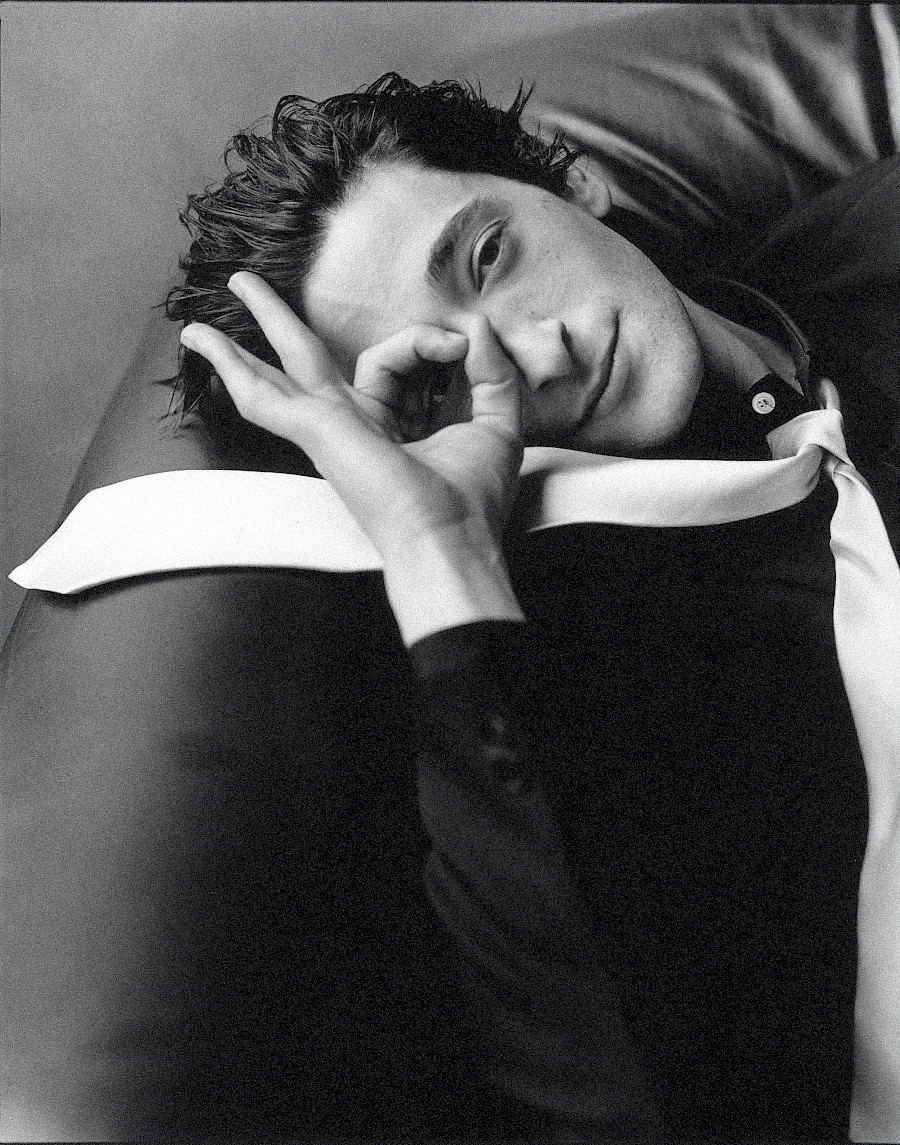
After the success of "The Pianist," Adrien Brody made headlines not only for his public kisses. Everyone remembers his famous kiss with Halle Berry during the 75th Academy Awards, where she announced him as the winner for "Best Actor." Following Berry, he kissed Queen Latifah at the MTV Awards ceremony and Charlize Theron at the 2004 Oscars (where he presented her the award for "Monster"). Additionally, he graduated from The American Academy of Dramatic Arts in New York, appeared in television shows, and collaborated with acclaimed directors such as Terrence Malick, Spike Lee, Barry Levinson, and Ken Loach. Due to his unique appearance, he's been lucky with thoughtful roles in elite arthouses. His large, sad eyes, intellectual demeanour, and graceful poses captivated America, reminiscent of the lost spirit of classic Hollywood.
Your calling card was the role of a pianist in Roman Polanski's film of the same name. How has your life changed since then?
Before working with Roman, I had already been noticed by Steven Soderbergh, who invited me to shoot in the film "King of the Hill." After this film, I played in Terrence Malick's "The Thin Red Line." The only problem was that my role in Malick's film was almost cut out of the final version, which is why nobody remembered me. Before getting into projects with Soderbergh and Malick, I was just a poor and unknown actor from New York hanging around Los Angeles looking for work. There is some truth to your question, though. After "The Pianist" came out, my life was divided into two periods: before "The Pianist" and after. I got so into my role that I even broke up with my girlfriend. I wanted nothing to distract me from working on the film. After filming, I started having severe depression and panic attacks. I was afraid to be alone and often could only fall asleep at a friend's house on the sofa. Fortunately, after a while, Wes Anderson called me to star in his film "The Darjeeling Limited," and my life got better again.
You play some pretty inconsistent characters, especially considering the contrast between your roles in Roman Polanski's "The Pianist" and Wes Anderson's "Asteroid City." You have to take a break once in a while, don't you?
I can't spend all my time in the ruins of Warsaw, eating rotten potatoes. In reality, I had to wander between sets built in the studio! And then, who cares whether I'm doing a comedy or a drama? The main thing is that I have a job and get pleasure from it, rather than knocking on the doors of film studios in search of roles. When I started acting in Wes's films, I realised one important thing: my serious image, formed by playing in dramas, didn't do me any harm – I haven't lost the ability to laugh. Plus, I love working on his films. We get great food while filming for Wes!
Aren't you afraid of losing your serious image as an intellectual and lone wrestler while climbing mountains in pink pants, as depicted in "The Darjeeling Limited?"
I'm not afraid at all. If I had started my career with comedies and stuck to them, I might have been typecast into only comedy roles today, which could have been a problem too. But since I began with serious roles, now when I do comedy, journalists ask me the same question: How did you transition from being a pianist to becoming a clown?
In which specific roles in Anderson's films do you portray the clown?
Wes casts me in very emotional, sensitive, and intellectual roles. I suppose critics sometimes misunderstand Wes. They perceive his films as superficial and artificial, but in my view, Wes genuinely aims to entertain the audience. For instance, in "Asteroid City," I portrayed a director. While he may teeter on the brink of psychosis, the character remains a creator and intellectual figure. In "The French Dispatch," (2021) my character is inspired by the real-life British art dealer Joseph Duveen, a legendary figure who introduced American collectors to Old European masters.
Had you been familiar with Joseph Duveen before taking on the role in the film?
Although I grew up in Queens, which was then a working-class neighbourhood in New York City, I was immersed in the creative scene from an early age. My mother worked as a staff photographer for The Village Voice and her work was featured in The New Yorker, New York Times, Artforum, and other prestigious magazines. By the time I was barely four years old, she began taking me to art exhibitions, and I often accompanied her to editorial offices, witnessing her work firsthand. Those were vibrant times for magazines and newspapers, with famous writers being published and advertisements abound. While I initially considered becoming a writer due to my wild imagination and love for improvisation, I found acting more appealing. Aside from writing, I've always had a passion for drawing, which I still do. Art holds a special place in my heart – it embodies truth, humour, and the enchantment of existence.
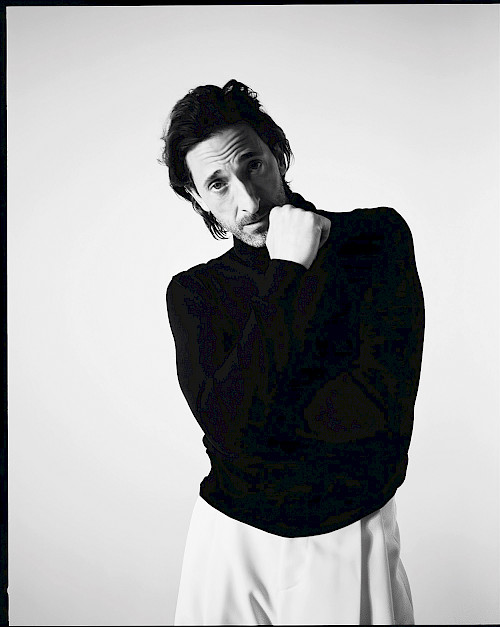 Wes Anderson tends to work repeatedly with the same actors. How did you become part of his team?
Wes Anderson tends to work repeatedly with the same actors. How did you become part of his team?
I've had the opportunity to work with many different directors, but being part of Wes Anderson's family has been the greatest stroke of luck! I admire his passion for filmmaking and his meticulous attention to detail. On his sets, everything unfolds simultaneously – discussions, filming, and editing. He intentionally fosters a wonderful sense of family tradition. For example, after shooting wraps, we always gather for dinner to share our thoughts and experiences. Sometimes when you step out of your hotel room, it feels like the Oscars are happening right in the lobby, with Hollywood's elite gathered together. It's not uncommon to run into Tilda Swinton, Benicio Del Toro, Bill Murray, Owen Wilson, Edward Norton, Jason Schwartzman, Frances McDormand, Willem Dafoe, Anjelica Huston, and many others. Having such a gathering of legendary actors in one place is a rare sight on any film set.
Which roles spark your greatest interest?
I'm drawn to characters where I need to "play" as little as possible. I'm not someone who enjoys pretending. For example, if I have to portray a starving person, I prefer not to eat. If my character has a limp, I'll put a stone in my shoe according to the script. I prefer experiencing hardship authentically, so I don't have to pretend.
WHEN I STARTED ACTING IN WES'S FILMS, I REALISED ONE IMPORTANT THING: MY SERIOUS IMAGE, FORMED BY PLAYING IN DRAMAS, DIDN'T DO ME ANY HARM – I HAVEN'T LOST THE ABILITY TO LAUGH.
You often travel around the world, but where do you feel at home?
Personally, I see myself as a citizen of the world. My personality has been shaped by the cultures of many continents, not just Europe, but also India and China. Having a diverse range of experiences is crucial in shaping one's identity and offering an external perspective on oneself. In our current era, filled with fast-paced and superficial forms of entertainment akin to fast food, it's easy to become accustomed to and consume regularly. However, I prefer to seek out and be inspired by true art.
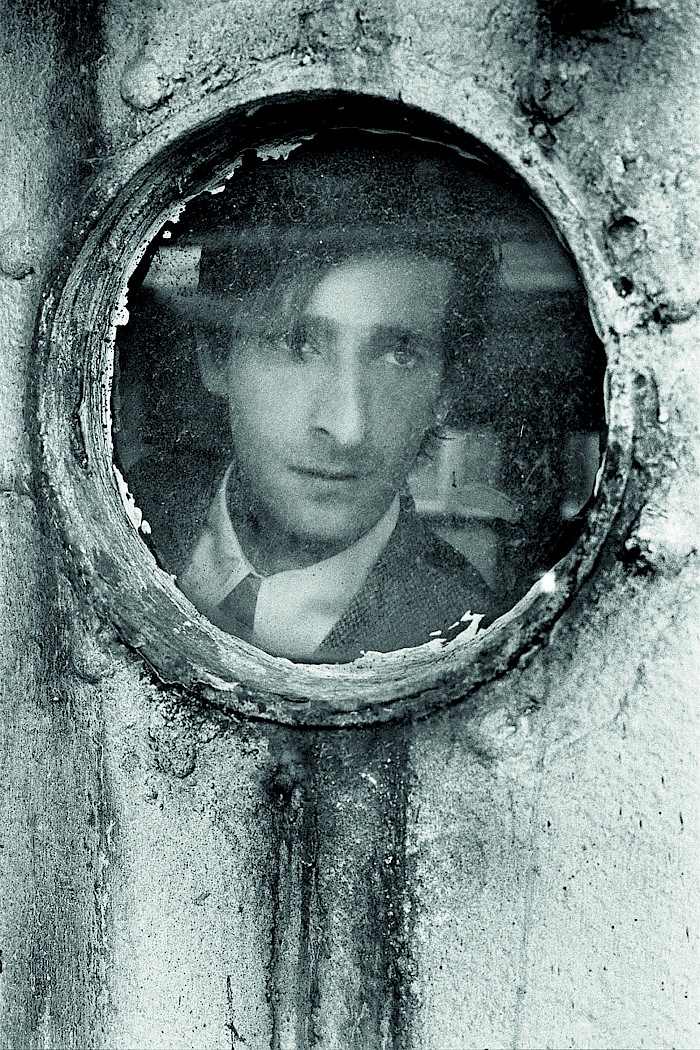 |
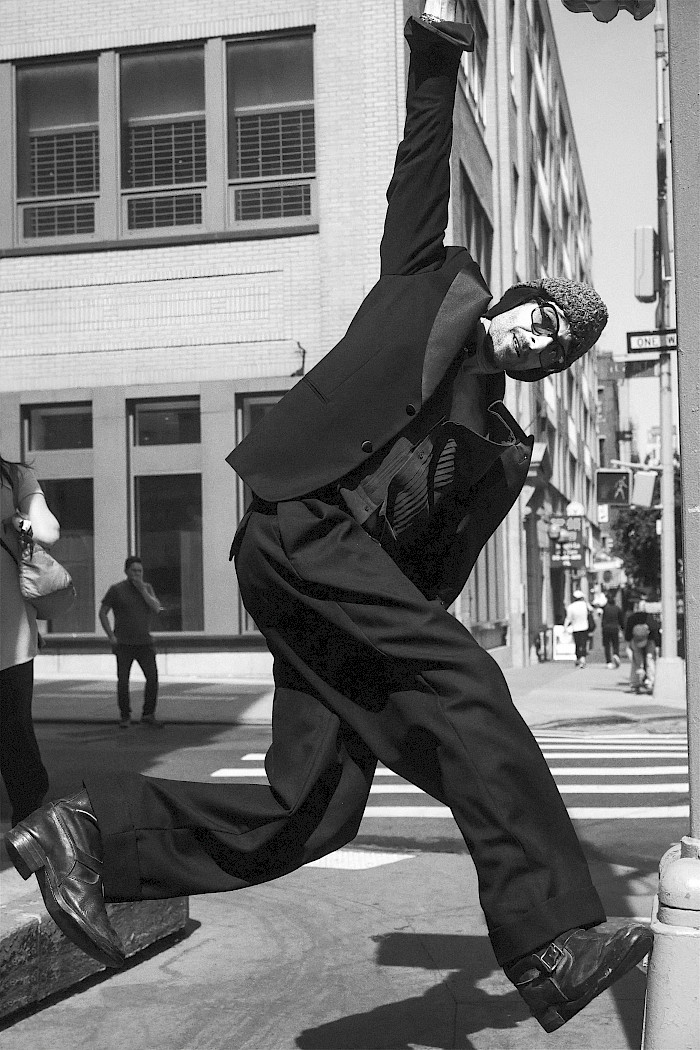 |
How do you feel about being famous?
Popularity is an unnatural state for a person; it changes their life. People start treating you differently. On one hand, they greet you with artificial enthusiasm, hanging on your every word. On the other hand, they can be cavalier. In Hollywood, fame often leads people to think they know everything about you – your thoughts, feelings, who you're with, and who you love – and they start trying to control your every move. I don't like being controlled. In my opinion, Hollywood is one of the most beautiful, welcoming, and generous places on Earth, if you're lucky. If not, it can be filled with envy, corruption, and dirty deeds.
Why did you become a star, then? Was it to meet girls more easily?
I've never had a problem with that. You don't need to be famous to meet a girl. Besides, I prefer meaningful relationships over casual encounters. When I'm in a committed relationship, I don't feel the need to seek out others.
Is there nostalgia for the old days?
I generally have a tendency towards nostalgia and melancholy. I enjoy reminiscing, such as thinking back to my time as a student at the LaGuardia High School in New York, young and hopeful. However, I can't forget that during my undergraduate years, I faced constant instability and financial difficulties. Despite this, I'm grateful that I was able to achieve my dream of becoming an actor and that I've managed to maintain my dreamy, student- like spirit. Nostalgia comes easily, just as reminiscing does. Having the luxury to look back and recall is something I appreciate
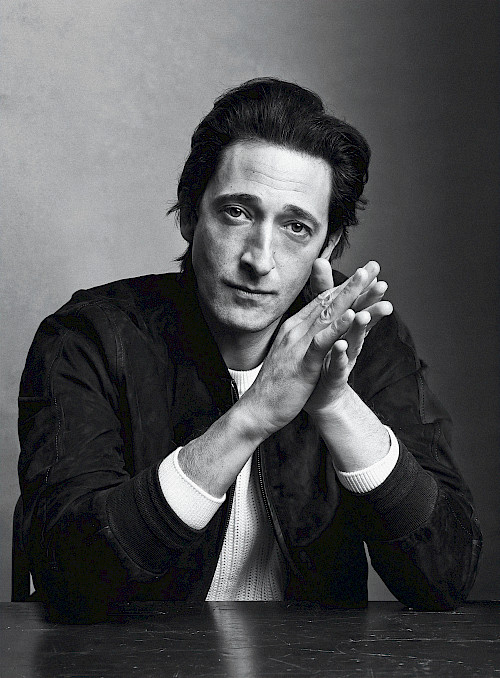
I'm grateful that I was able to achieve my dream of becoming an actor



